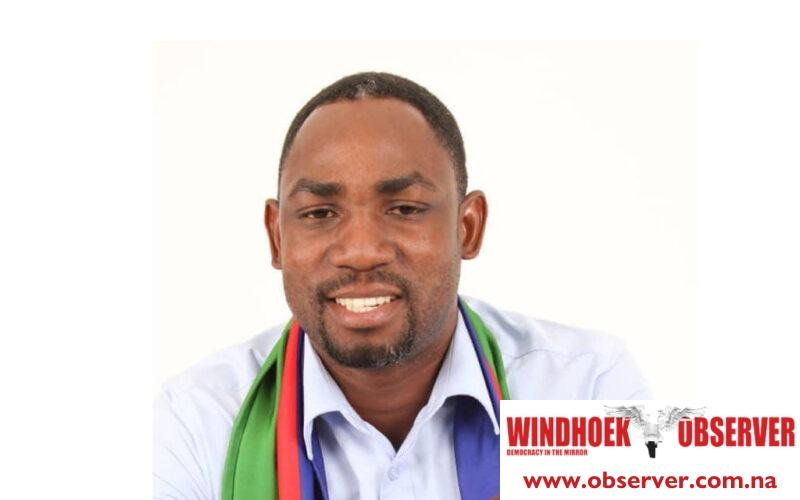Martin Endjala
Hofni Iipinge, the Swapo Party Deputy Secretary of Education, is hopeful that the Grade 11 and 12 learners who recently took their national examinations will achieve positive results that qualify them for higher education institutions.
Iipinge shared his thoughts and expectations regarding the upcoming results announcement in January next year.
“As we approach the end of 2023 and anticipate the outcomes, I expect favourable results in grades 11 and 12 this year. These results should enable more of our learners to pursue higher education and undertake quality courses, aligning with Namibia’s developmental needs. An educated nation contributes significantly to our country’s economic growth,” he stated.
Last year, only 8,133 students, representing 24 percent of the 38,019 candidates who sat for the 2022 national exams in Grade 11, Namibia Senior Secondary Certificate Ordinary, and Grade 12 Advanced Subsidiary levels (NSSCO and NSSCAS), qualified for tertiary education.
Iipinge praised the Ministry of Basic Education Arts and Culture and the Ministry of Higher Education, Training, and Innovation for their commitment to providing quality education services to Namibian children. He believes this commitment will translate into positive results for parents and learners at the end of the year.
However, Iipinge acknowledged that the challenges faced in 2023 might lead to some failures but urged the nation not to view these setbacks as obstacles to Namibia’s prosperity.
He encouraged learners to consider Technical Vocational Education Training (TVET) subjects as a means to contribute to the country’s growth.
He advised against rushing into master’s and PhD qualifications and instead focusing on skill-transfer subjects that can address unemployment among youth.
“I encourage more students to study courses that empower them to create employment opportunities rather than burden the government. As we enter 2024, I urge the Ministry of Basic Education to allocate more funds to construct additional schools and maintain a student-to-teacher ratio of 35 to 1 in classrooms, thereby preventing overcrowding that hampers educational quality,” he stressed.
Iipinge also highlighted the importance of addressing water scarcity, poor sanitation, and the lack of Information and Communication Technology services in schools.
He called on Directors and Inspectors in various regions to take action in these areas.
Iipinge urged all Namibians to be vigilant against threats to learners, including hunger, poverty, high pregnancy rates among female students, and drug and alcohol abuse among male learners.
He emphasized the need for collective efforts to protect students and ensure a conducive learning environment.
Regina Ambambi, Chairperson of the Association of Technical and Vocational Education Training Institutions in Namibia (ATVETIN), stressed the significance of TVET in Namibia’s future.
She argued that the country must aim to become industrialized by 2030 or beyond and not rely solely on other nations for manufacturing.
Ambambi said that TVET is the pathway to achieving this goal and encouraged students to consider TVET careers. She expressed satisfaction with the collaboration between the Namibia Qualification Authority and the National Training Authority, which is working on creating a pathway for TVET graduates to pursue further studies at the university level.
She urged parents to support their children’s career choices, recognizing that each child may have a unique path to success.




